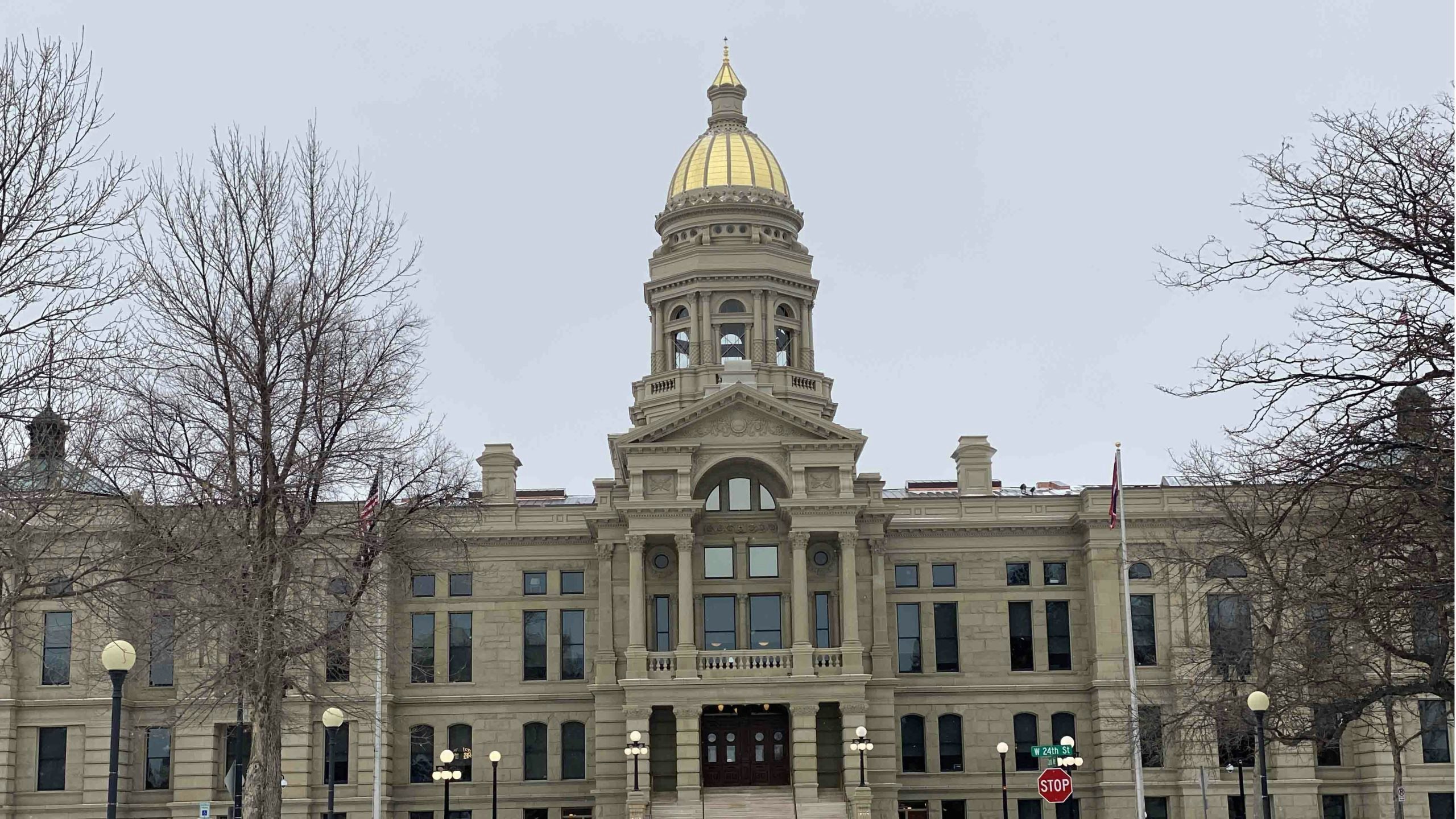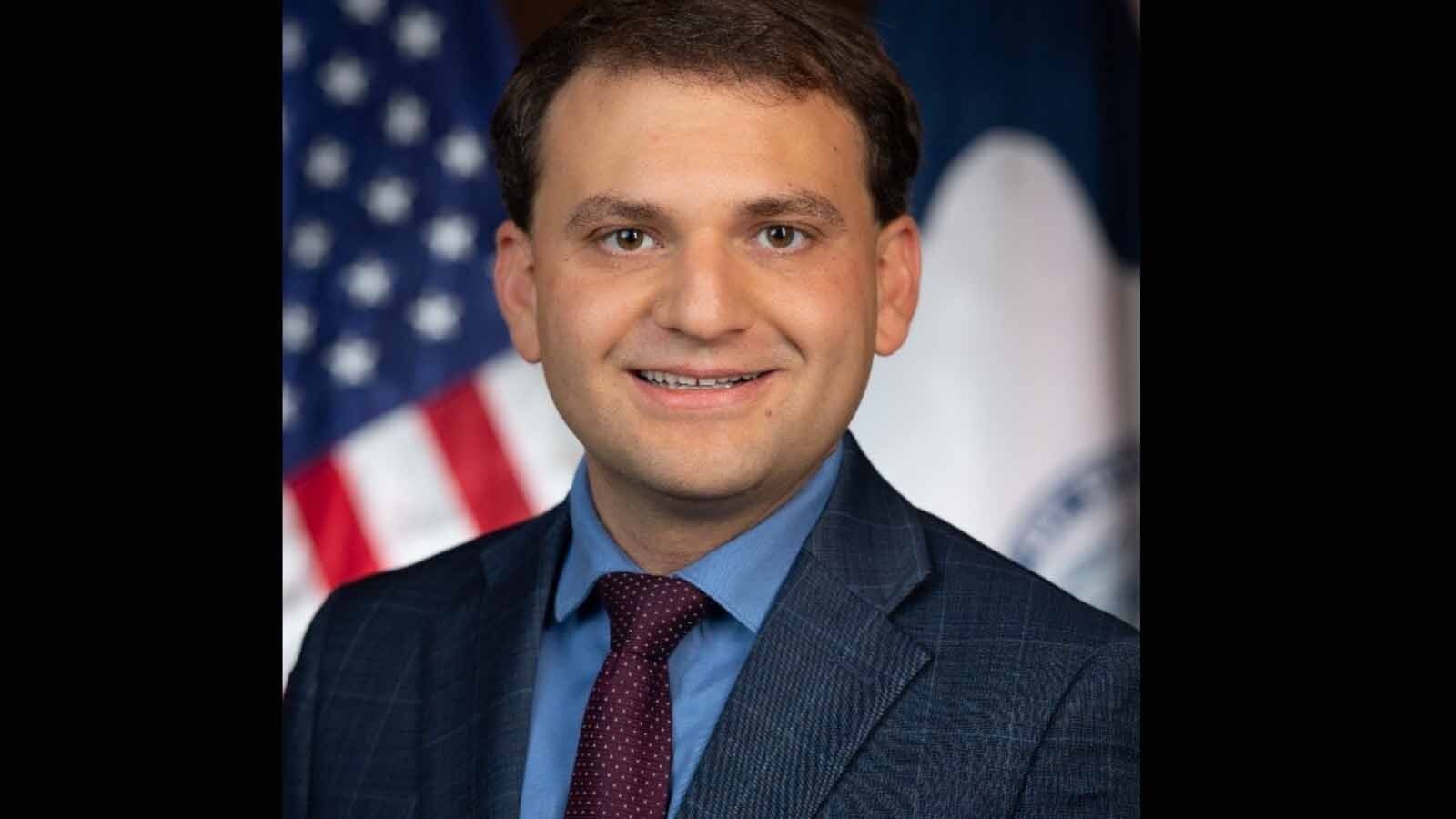By CJ Baker, Powell Tribune
Starting next year, Wyoming will begin assessing a new 5% tax on overnight stays at hotels, motels, RV parks, campgrounds, guest ranches, Airbnbs and other lodging facilities around the state.
The statewide lodging tax passed the Wyoming Legislature March 2 — surviving a narrow vote in the Senate — and was signed into law by Gov. Mark Gordon on Friday.
Of the new tax, 3% will go to the state government to fund the Wyoming Office of Tourism, which promotes the state as a destination for visitors across the globe; the other 2% will stay in the county where it’s collected to boost local tourism. Counties will have the option to seek another 2% for local tourism efforts — such as the Park County Travel Council — for a maximum total lodging tax of 7% (with 3% going to the state and 4% to the county).
Claudia Wade, the travel council’s executive director, said the marketing and promotions that currently are and will be funded by lodging taxes are needed to draw tourists.
“I think tourism is important to this state given the situation with our oil and gas and it is a very strong second industry in Wyoming,” Wade said. “And we need to keep promoting Wyoming and Cody needs to keep promoting this East Entrance as well as all of the other things Park County has to offer.”
Park County voters have long imposed a 4% tax on lodging to fund the travel council’s marketing efforts. This November, they’ll be asked to keep that funding intact, by approving an additional 2% local tax on top of the mandatory 5%.
Particularly given the impacts that the new coronavirus is expected to have on global travel — and with the state and county constantly competing for tourists with other communities around Yellowstone National Park — “I think that we’re going to need this [lodging tax] as much as we ever have had to,” Wade said.
Even if Park County voters approved an additional 1% sales tax, bringing the combined tax on lodging to 12%, it would still be below average for the country, Wade said.
The new statewide lodging tax passed the Senate by a 16-13 vote and the House by a 47-13 margin.
Park County lawmakers backed House Bill 134 by a 5-3 margin: Sen. R.J. Kost, R-Powell, Sen. Hank Coe, R-Cody, Rep. David Northrup, R-Powell, Rep. Sandy Newsome, R-Cody, and Rep. Jamie Flitner, R-Greybull, all supported the measure while Rep. Dan Laursen, R-Powell, Rep. John Winter, R-Thermopolis, and Sen. Wyatt Agar, R-Thermopolis, each voted no.
Sen. Coe was a vocal backer of HB 134 when it came up for final approval on Feb. 28. He cited tourism industry research indicating that 85% of the tax will be paid for by out-of-state tourists and that the hike in taxes will not depress visits.
“Lodging tax does not prohibit somebody from making a decision to visit a state. That’s just the bottom line,” Coe said on the Senate floor.
He also read aloud a column from Lander journalist and businessman Bill Sniffin, who argued lawmakers would be foolish to not provide more support to its growing tourism industry. Sniffin wrote in his piece that “there truly is no place [in Wyoming] that does not benefit from the visitor.”
“A small amount of money spent with the state tourism department generates much more money — it is as simple as that. The more people we get here the more money they spend,” Sniffin argued, adding later, “If this is the one area of state government that is making money, why not spend even more and make even more money?”
According to industry figures, tourism employs roughly 31,000 people in the state.
“We need this in the future of Wyoming,” said Sen. Jim Anderson, R-Casper. “If you look out 10 or 20 years, this could possibly be our No. 1 industry.”
While the bill had the backing of the Wyoming Lodging & Restaurant Association and the Wyoming Travel Industry Coalition, the two hoteliers in the Senate — Democrat Lisa Anselmi-Dalton of Rock Springs and Republican Cale Case — both opposed it.
Sen. Case said the guests at his Lander establishment include far more Wyoming residents than claimed and he called the estimated impact of the tourism office’s efforts “way overblown” with “exaggerated claims about the success of the programs.”
“If you really dive into the expenditures … about out-of-state advertising firms and on and on and on, all to bring more people to an area that’s really suffering from the overcapacity,” Case said, referring to Yellowstone National Park and Teton County’s “overheated” economy.
“You try to drive across Yellowstone? Have you just tried to go there and enjoy yourself?” he asked. “It’s hard to do.”
Sen. Dan Dockstader, R-Afton, echoed the concerns about Wyoming’s tourism efforts primarily benefiting the Jackson area.
“The rural areas of this state are being left out of the promotion, the help, all that goes with it,” Dockstader said. When he asks lodging businesses in his district if they feel a boost from the millions of dollars the state pours into tourism, the answer has been “essentially no,” Dockstader said.
Senate critics also contended that the majority of Wyoming residents opposed the tax, citing emails from parents who rack up nights on the road while tracking their children’s sporting events.
“Most of you are going to vote on the sides of the lobbyists,” Sen. Bo Biteman, R-Ranchester, told his colleagues. “I’m going to vote on the side of my people and the everyday citizen that can’t afford to drive down here and try to lobby you.”
Earlier, as the Senate debated an ultimately unsuccessful amendment that would have diverted 20% of the state’s share of the tax to K-12 education, Biteman noted it was likely to be the only tax the Legislature passes this year.
“… and it doesn’t go toward any of our structural [budget] problems,” he said, “it just goes to a private industry to promote themselves.”
However, Sen. Eli Bebout, R-Riverton, said the bill would help Wyoming’s efforts to broaden its tax base and diversify its economy.
A fiscal note attached to the legislation estimated that the 3% portion of the tax headed to state tourism efforts will raise roughly $18.6 million per year.





